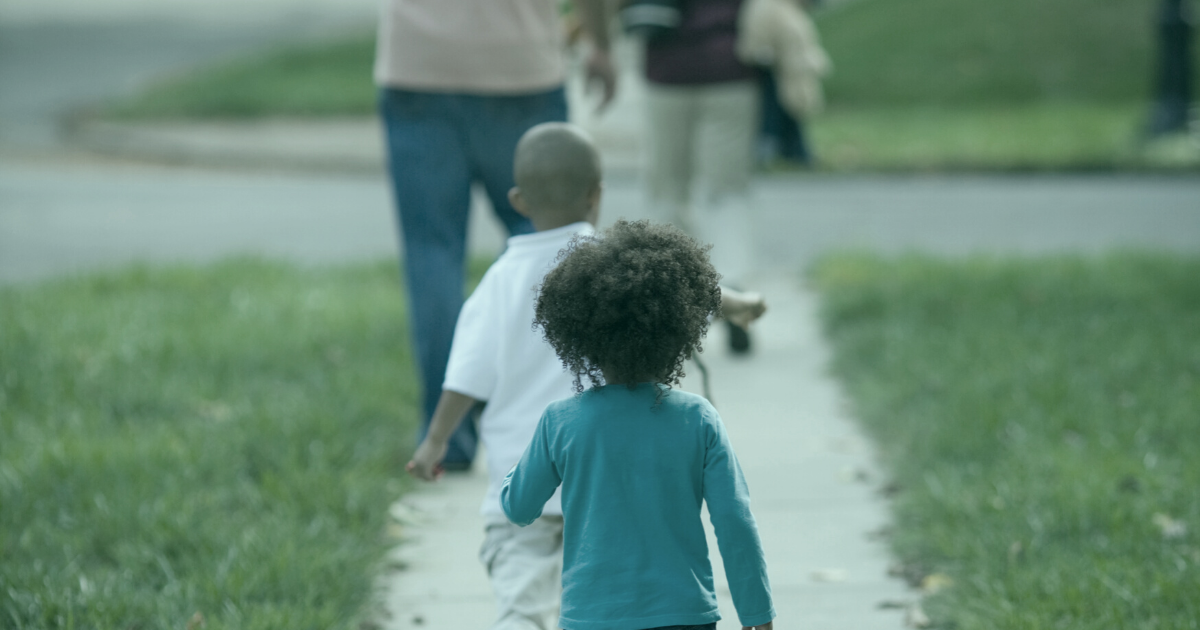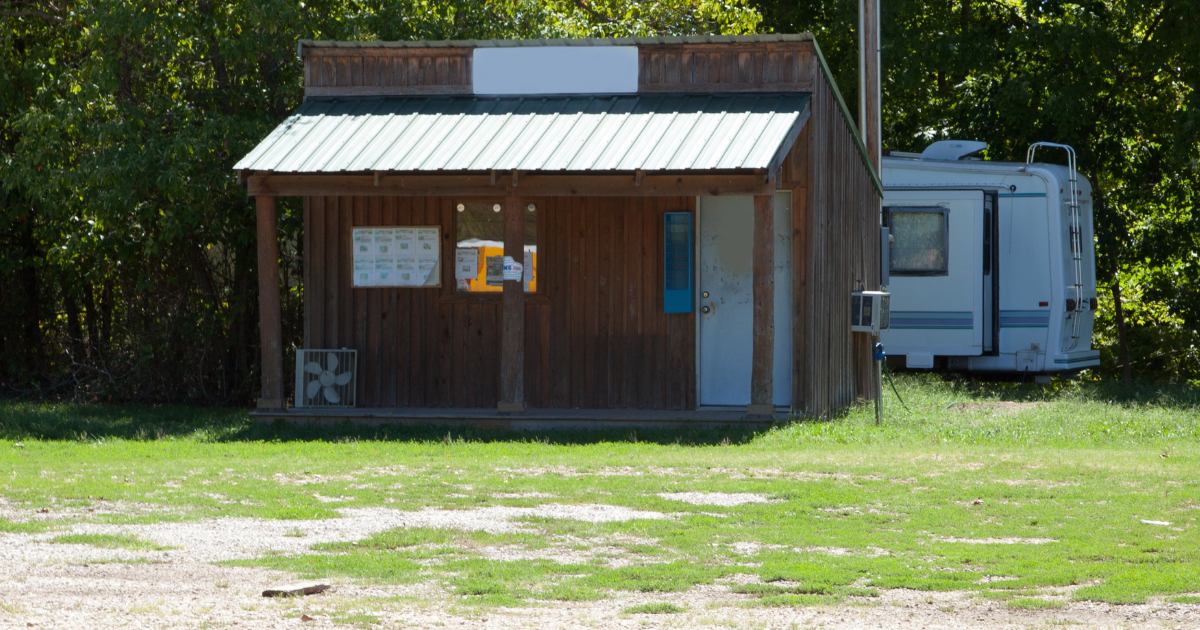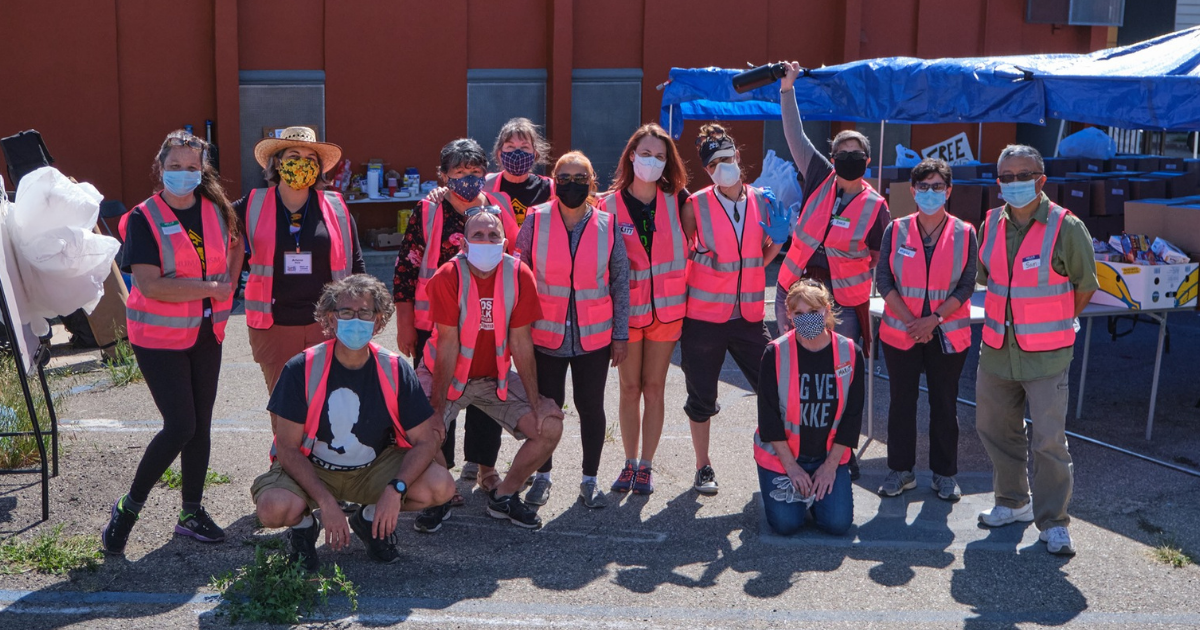
Food Insecurity Rising Rapidly: Who Is Being Affected?
By Cassandra BrandtFood insecurity is defined as the state of being without reliable access to a sufficient quantity of affordable, nutritious food to live an active, healthy lifestyle. It might mean that sometimes you have enough food and sometimes you have healthy food but rarely do you have enough healthy food.
Food insecurity is at the worst rates in years. After decades of progress food insecurity has risen rapidly on a global scale due to the Coronavirus pandemic. 155 million people worldwide faced acute food insecurity in 2020.
Feeding America projects that 42 million Americans (1 in 8), including 13 million children (1 in 6) may experience food insecurity in 2021.
Who is affected by food insecurity?

Black and Hispanic Americans are disproportionately affected by food insecurity in the U.S. According to USDA data, 19.1% of Black households and 15.6% of Hispanic households experienced food insecurity in 2019. White Americans fell below the national average, with 7.9%.
For about 19 million people, location is the issue; food is hard to get where they live. The closest location to buy food raises the prices. Rural areas are more likely to have this problem than urban areas.

The high prevalence of food insecurity among the disabled population is a problem too. An estimated 38% of households with very low food security included an adult with a disability.
A disturbing statistic is children. Households with children were nearly 1.5 times more likely to experience food insecurity even before COVID-19, according to the USDA, which reported that 13.6% of households with children experienced food insecurity.
This number more than doubled due to the Coronavirus pandemic, with food insecurity affecting almost 1 in 4 families. An analysis by researchers at Northwestern found food insecurity has more than tripled among households with children.
Food insecurity rates are highest for households with single mothers and households with incomes below the poverty line.
30 million kids get their nutrition from school meals, and that’s been disrupted due to the pandemic, too.
Programs like the Supplemental Nutrition Assistance Program (SNAP) don’t do enough, studies suggesting that receiving SNAP benefits reduces the likelihood of being food insecure by roughly 30% and the likelihood of being very food insecure by just 20%.
Long-term impacts of food insecurity

Food insecurity is more than hunger. It impacts multiple facets of life. Food insecurity can cause and exacerbate health problems and even affect life expectancy because people are forced to choose between spending money on food or medicine. Millions of these people are seniors and people with disabilities living on fixed incomes.
For children experiencing food insecurity and not getting proper nutrition, the ability to learn can be affected and reflected in graduation rates. Hunger affects worker productivity and job retention, too.
What we’re doing at Foundation Beyond Belief
Our new Compassionate Impact Grant recipient Food Rescue Alliance is being given a three-year $150k grant to help them expand and reach more vulnerable populations.
Through Food Security Project , started this May, FBB awards monthly grants to our teams that address food insecurity by providing meal giveaways, grocery deliveries, food rescue, community gardens, and more.

Five industrious volunteer teams are already involved in food distribution to receive these grants supporting their work.
These teams include the Humanist Society of Greater Phoenix , which is launching weekly food giveaway events, and Atheists United, which partners with the Los Angeles Food Bank to distribute thousands of pounds of food every month. In Austin, Austin Atheists Helping the Homeless supports between 250 to 300 unhoused people with food and other necessities every month and Austin Humanists At Work supports 225 to 250 people through a monthly food giveaway. Atheist Community of Polk County in Florida participates in 8 to 12 food insecurity events every month.
Next FBB will work to expand the Food Security Project’s reach and help teams start new distribution programs.
To help you can sponsor a team to help with distribution costs such as permits and table setups, as well as transporting and paying for food.
Cassandra Brandt is a single mom from rural Arizona. A former traveling tradeswoman, she now lives with quadriplegia and writes and advocates full time.

